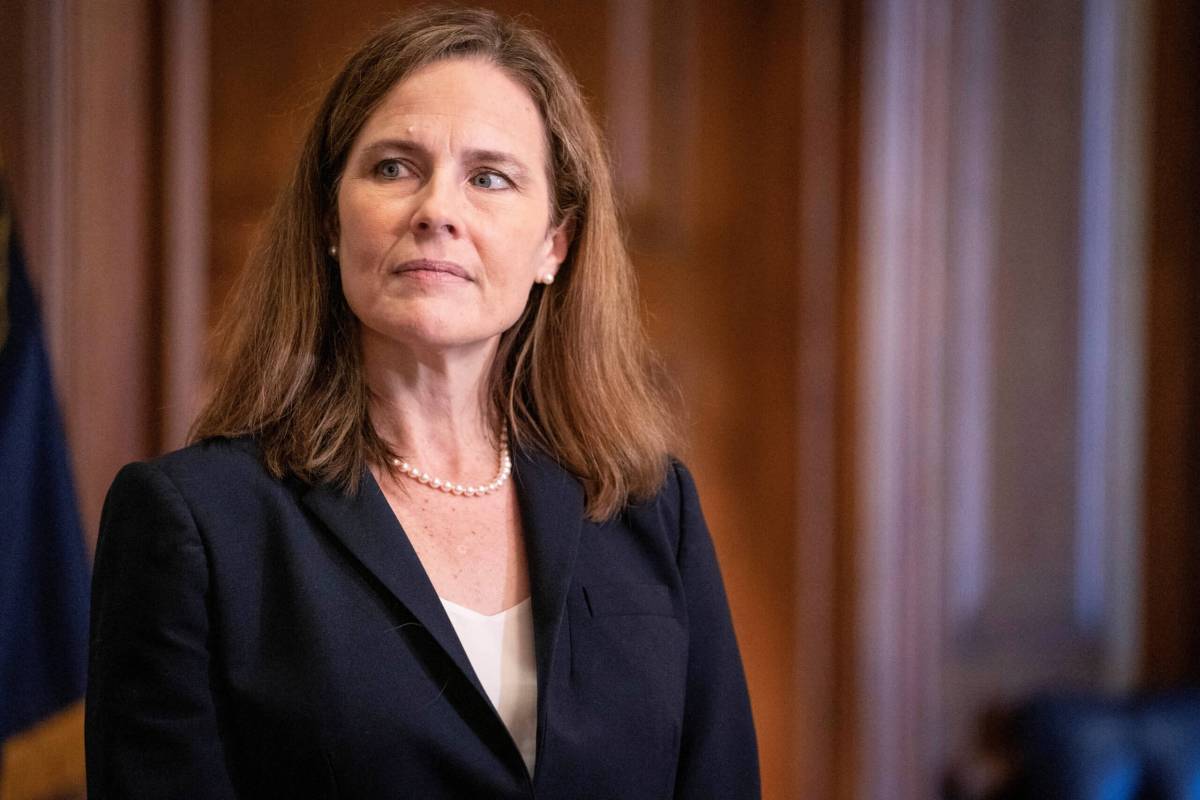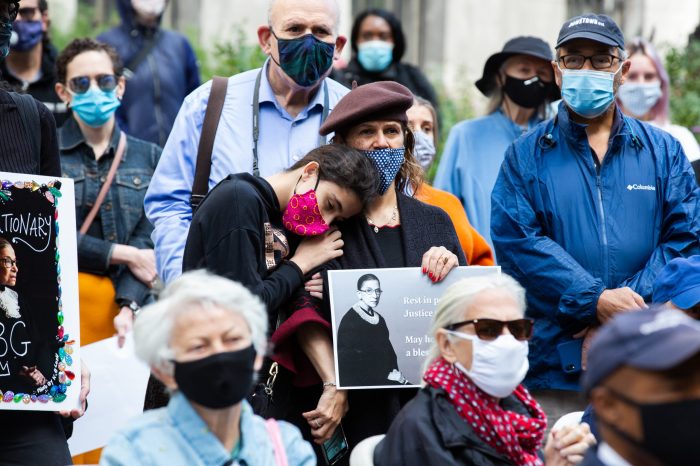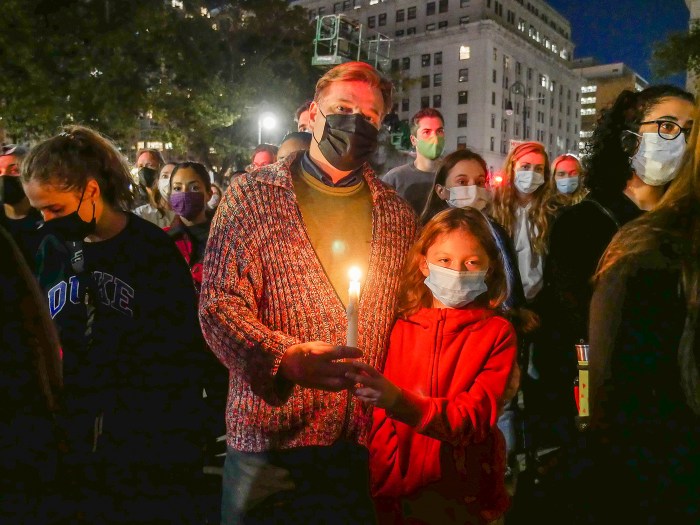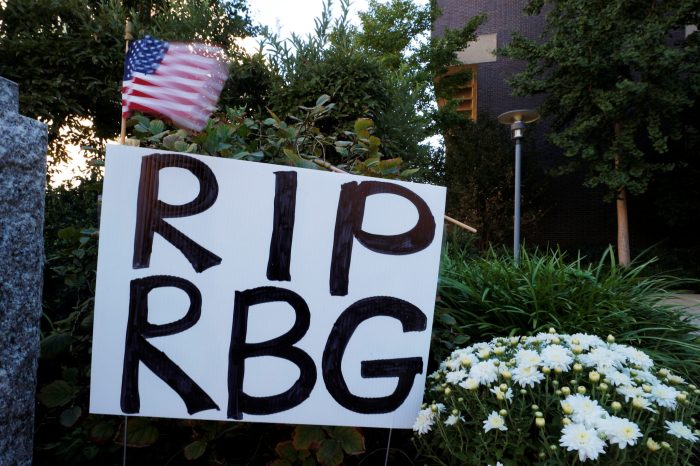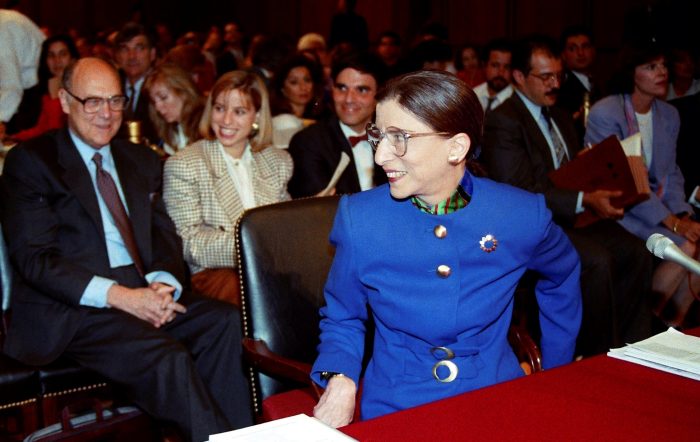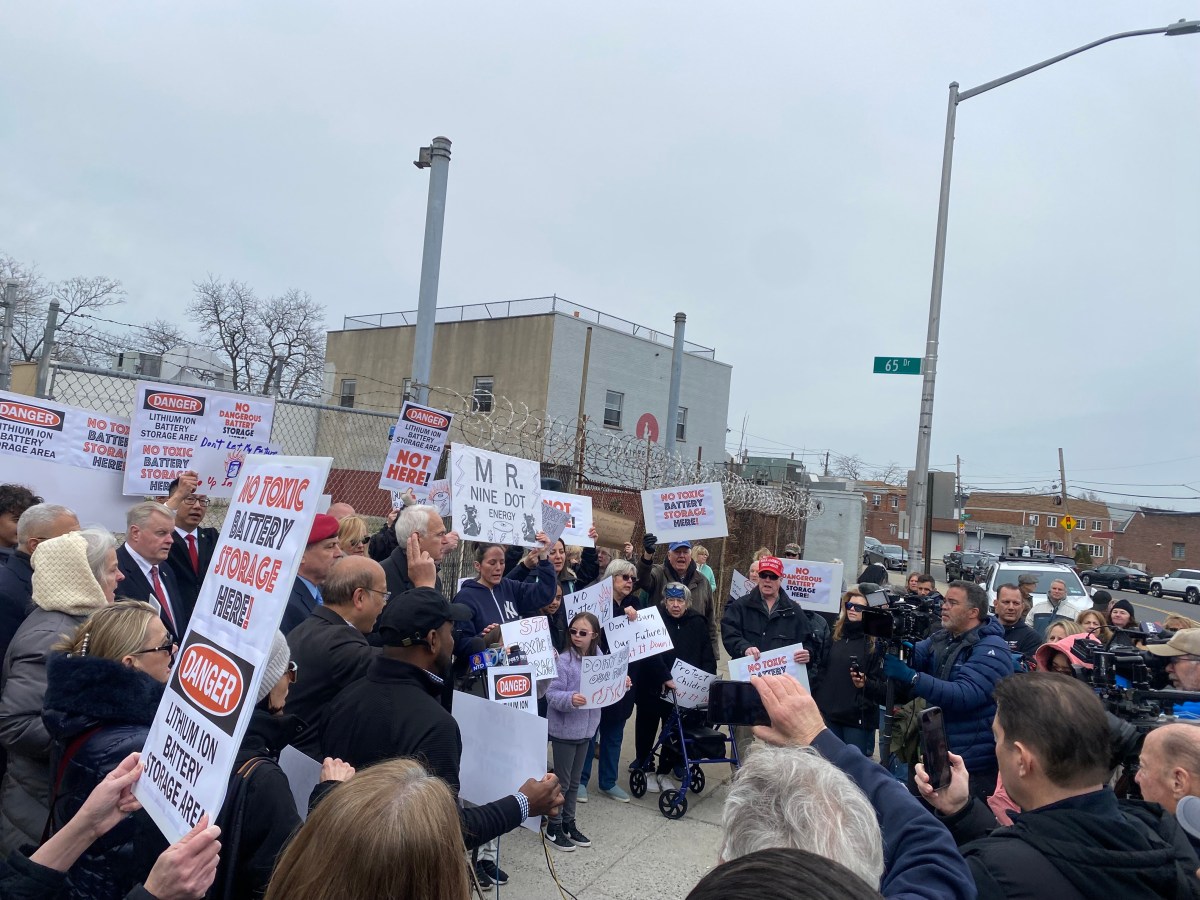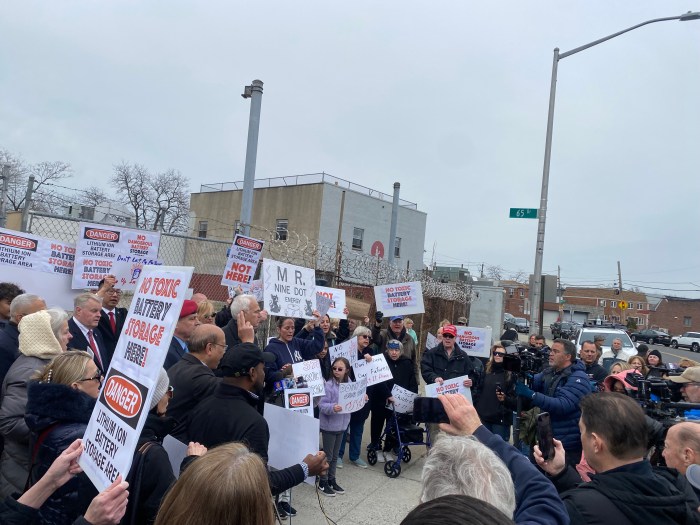By Steve Holland and Richard Cowan, Reuters
The White House planned a Monday night celebration of the Republican Senate’s expected confirmation of Amy Coney Barrett to the U.S. Supreme Court, a month after a similar event was linked to a COVID-19 outbreak that preceded President Donald Trump’s own infection.
While Democrats have fiercely opposed the conservative jurist’s nomination, Trump’s fellow Republicans hold a 53-47 Senate majority and her confirmation to a lifetime post on the court seems assured.
Trump pressed the Senate to confirm Barrett before the Nov. 3 election, which would create a 6-3 conservative majority on the top U.S. judicial body.
Barrett, a federal appeals court judge, is Trump’s third selection for the court, enabling him to remake it in dramatic fashion as part of his success in moving the broader federal judiciary to the right since taking office in 2017.
The Sept. 26 Rose Garden ceremony at which Trump named Barrett to succeed the late liberal Justice Ruth Bader Ginsburg preceded a wave of COVID-19 cases among top Republicans including Trump and first lady Melania Trump. The president spent three nights hospitalized receiving COVID-19 treatment.
The event, part of which occurred in the White House Rose Garden, was crowded with guests, many of whom did not wear masks.
White House Chief of Staff Mark Meadows told reporters that Monday’s event likely would be held outdoors.
“Tonight, we’ll be doing the best we can to encourage as much social distancing as possible,” Meadows said.
Senator Kevin Cramer, a Republican and Trump ally, said he was not overly concerned about attending the White House event.
“I would anticipate that everybody will practice good hygiene, social distancing, whatever is appropriate,” Cramer told reporters.
COVID-19 WHITE HOUSE CLUSTER
Several other Republican senators said they were not sure they would attend, and Majority Leader Mitch McConnell did not reply when asked by a reporter. Earlier this month, McConnell said he had not been at the White House since August because of its handling of COVID-19 precautions.
Three Republican senators, including two who met with Barrett in the Oval Office on Sept. 26, also tested positive for COVID-19. All three have recovered and are back at work.
No nominee to the Supreme Court has ever been confirmed by the Senate this close to a presidential election. Barrett’s confirmation would give Trump – who has been touting the appointment at campaign rallies to the cheers of his supporters – a major political victory eight days before the election.
The rush to confirm Barrett, 48, has bitterly divided Democrats and Republicans, who are expected to split largely along party lines on the final vote. Trump has said he expects the court to decide the election’s outcome and wants Barrett to participate on any election-related cases that go before the justices.
Senator Mitt Romney, a rare Republican critic of Trump, urged colleagues on Monday to vote for Barrett, saying it would strengthen the court.
“The third branch may be one of the few institutions of our democratic republic that is not experiencing a collapse in public trust,” Romney said, referring to the judiciary system including the Supreme Court.
But the Washington Post argued the opposite point in an editorial, saying a court with Barrett on it could further undermine faith in the U.S. democratic system if it hands Trump victory in a contested election.
“The court’s reputation would be shattered, as would the public’s faith in democracy,” the newspaper wrote on Monday. “Cementing a conservative majority on the court is not worth such a price.”
Barrett, if confirmed, is expected to participate in arguments on Nov. 10 in a case in which Trump and Republican-led states are seeking to invalidate the Affordable Care Act. The 2010 healthcare law, also known as Obamacare, has helped millions of Americans obtain medical insurance and barred private insurers from denying medical coverage to people with pre-existing conditions.
Barrett has criticized previous rulings upholding Obamacare but said during her confirmation hearing she had no agenda to invalidate the measure.
During her confirmation hearing before the Senate Judiciary Committee two weeks ago, Barrett, a favorite of Christian conservatives, sidestepped questions on abortion, presidential powers, climate change, voting rights, Obamacare and other issues.
“Judge Barrett represents a threat to the very rights – including reproductive rights, rights of LGBT individuals, and voting rights – that Justice Ginsburg worked so hard to protect,” Senate Judiciary Committee senior Democrat Dianne Feinstein said on the Senate Floor on Sunday.
Barrett has been a federal appeals court judge since 2017 and was previously a legal scholar at the University of Notre Dame in Indiana.



